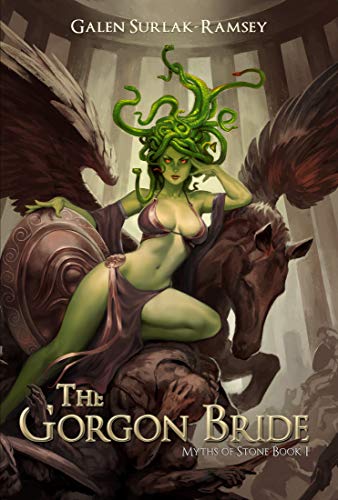Social Distancing with The Martian
Andy Weir’s The
Martian is one of the most compelling science fiction novels because it is
rooted in reality—not just because Mark Watney was social distancing before it
was cool.
Every one of Watney’s solutions or theories are
defined with math or science, including mistakes, like when he accidentally exploded
part of the HAB. Even if readers don’t understand all of it, the explanations
make the story feel plausible.
Plus, Watney’s joking outlook, the individualization
of his crewmates, and the awkward NASA scientists adds another layer of
authenticity. The addition of NASA’s Director of Media Relations, Annie
Montrose, makes the novel even more accessible to readers without science
backgrounds. Teddy or Venkat usually clarify the latest developments in more
basic terms so Annie can regurgitate it for the public.
While The
Martian is a classic example of science fiction, another genre it could
fall into is a thriller. Every log entry left me wanting more. I had genuine anxiety
while reading this novel, up until the very last page. Every challenge—the
explosion in the HAB, the death of Watney’s potato farm, the dust storm, the
acceleration challenges during the rescue—had my heart pounding, my hands
sweating.
An unexpected genre that The Martian touches on is humor. I was surprised at how much this
book had me laughing, like when Martinez typed on Johanssen’s computer that he
wanted to make sweet love to Watney after the rescue mission. Watney’s
down-to-Earth personality—I’m sorry, I couldn’t resist—lightens the story and
makes it more human. For example, when Teddy, after discussing the solemnity of
Watney’s situation, wondered what must be going through Watney’s head, and the
next log entry was Watney wondering why Aquaman can control whales.
The world came together to help Mark Watney, much like
the world is doing now in order to develop a vaccine for the coronavirus
pandemic. The Martian reminds us of
how important our world’s scientists and doctors are.
While I and others across the world are practicing
social distancing in our homes, separated from friends and family, Mark Watney
was experiencing true isolation. He was literally the only person on the planet
and assumed everyone from his life believed he was dead. For long periods of
time, he couldn’t even contact NASA or his old crewmates.
Mark Watney was utterly alone.
But he wrote and binge-watched TV shows as many of us
are doing now. He faced his problems with humor, while acknowledging the
gravity—the puns on this blog need to stop—of the situation.
Watney accepted his possible gruesome fate, but he
attacked problems with reason and logic, taking risks if he had to. We could
all learn from Mark Watney in times of crisis. When there seemed to be no hope,
he found a way to forge on. There’s always a solution. And when there was no
solution, he got creative and invented one.
So will we.


I love this analysis and how you connected it to the current state of the world. Watney's situation is relatable to us in a way, but it also puts it in perspective. We may be distanced, but it isn't complete solitude. I think its really interesting how situations like this can provide new context and appreciation for stories that came before.
ReplyDeleteI really like the little message at the end. Gives us some hope for times like these.
ReplyDelete